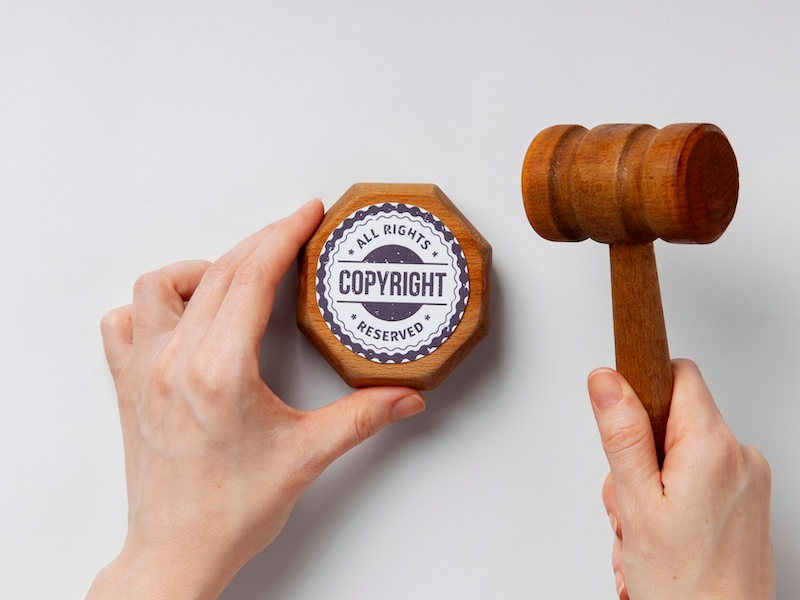- Suno admits in a court filing to training its AI model using copyrighted songs, claiming it is legal under the fair-use doctrine.
- The RIAA filed a lawsuit against Suno and Udio, alleging they used copyrighted music without permission to train their AI models.
OUR TAKE
The recent admission by Suno underscores the complexity of applying fair-use doctrine to AI model training. As legal battles unfold, the outcome could set crucial precedents impacting the future of AI and copyright law.
— Zoey Zhu, BTW reporter
What happened
Following a lawsuit filed by the Recording Industry Association of America (RIAA) against music generation startups Udio and Suno, Suno admitted in a court filing on Thursday that it had trained its AI model using copyrighted songs. Suno claimed this practice was legal under the fair-use doctrine. The lawsuit, filed on June 24, alleges that both companies trained their models using copyrighted music without proper authorisation.
In a significant statement, Suno’s CEO Mikey Shulman defended the practice, asserting that using data from the open internet, which includes copyrighted materials, is akin to a musician learning from existing songs. Shulman emphasised that “learning is not infringing,” arguing that their methods should fall under fair use. The RIAA quickly responded, arguing that Suno’s actions constituted “industrial scale infringement” and did not qualify as fair use. They accused Suno of stealing the core value of artists’ work and repackaging it to compete directly with the originals.
Also read: US Copyright Office calls for new AI impersonation law
Also read: OpenAI and Microsoft face lawsuits over AI copyright infringement
Why it’s important
The admission by Suno marks a pivotal moment in the ongoing legal battle over AI model training and copyright. This case could set an influential precedent that defines the boundaries of fair use in the context of AI, potentially impacting a wide range of industries beyond just music.
The outcome of this lawsuit will likely influence future practices of AI development, especially regarding the use of copyrighted materials. It highlights the tension between technological innovation and intellectual property rights, raising questions about how existing laws apply to new technologies. As AI continues to advance, the legal framework established by this case could guide future disputes and shape the landscape of AI and copyright law for years to come.

